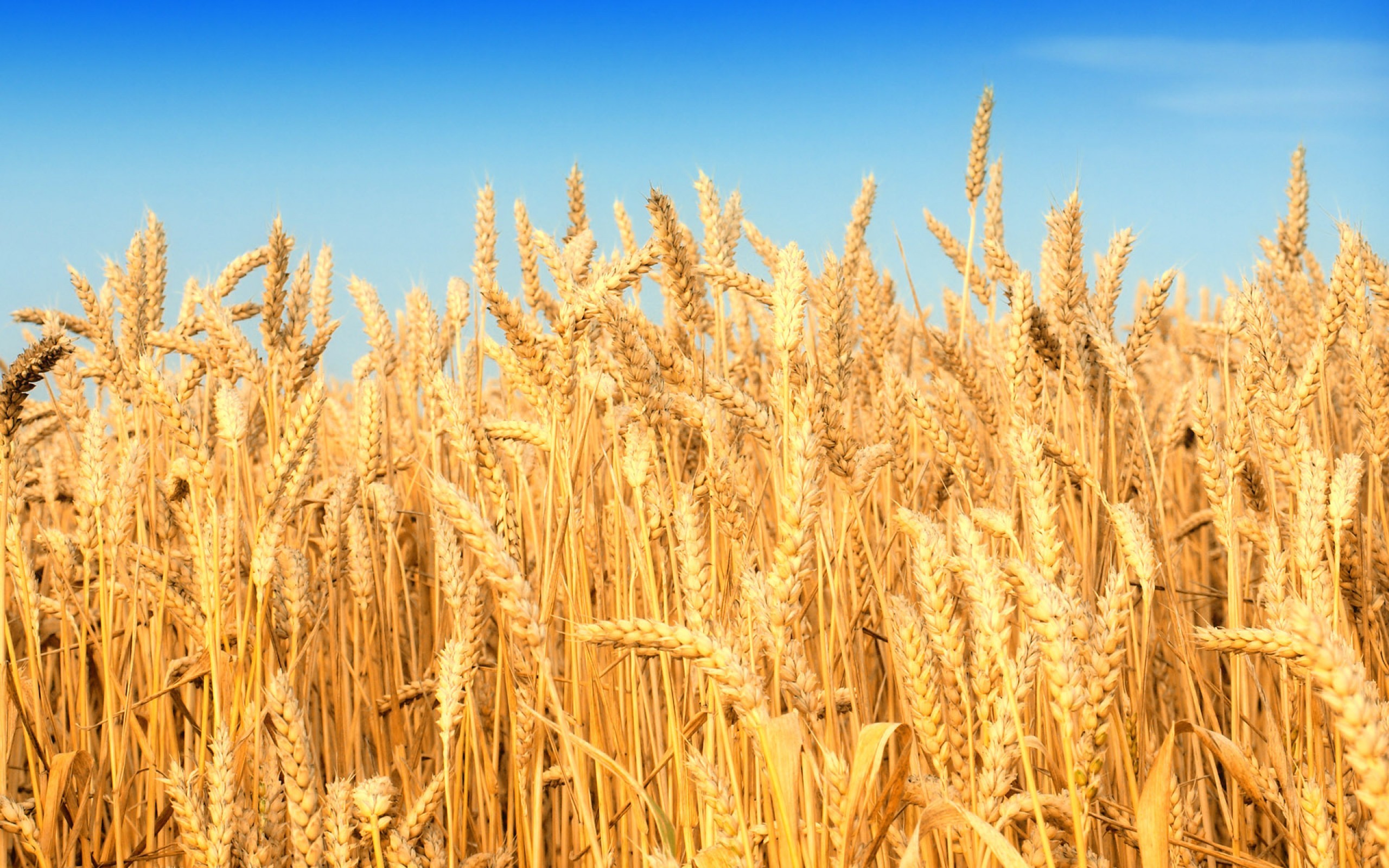According to Provita’s Tommy Armstrong, cereal crops grown for the purpose of making wholecrop silages will be ready for harvest over the coming weeks. “The good spell of weather in July, followed by the rain of recent days, has led to tremendous crop growth rates. As a consequence many crops will soon be at the ‘soft cheesy’ stage and ready for ensiling.”
He added:
“One of the most important factors in making good wholecrop silage is to roll the crop regularly during the ensiling process. This removes more air from the forage, thereby facilitating better stability. Additionally where there is a wide face with slow feed out an additional layer of grass can be ensiled on top of it to further improve stability.” However, the required stability of wholecrop forages at feeding out is another issue which livestock farmers must address in a proactive manner.
Tommy Armstrong again:
“If not ensiled properly whole crop forages can heat up quickly once a silo face is exposed to the air. If this happens its feeding value will reduce dramatically. One way of addressing this challenge is to apply an effective spoilage inhibitor, such as Advance Crop Cool, at the harvesting stage. Our product contains a natural microbial inhibitor plus an acetic acid producing bacteria. This dual action product will work together to inhibit spoilage yeasts and moulds.
“It is available in powder to liquid 100 TT and in granular 50 TT forms, both can be applied by standard applicators. The application cost works out at £1.60 per tonne of forage treated.”
Tommy Armstrong concluded:
“High quality wholecrop silage has the potential to be a very useful feed on livestock farms. It is, however, an expensive crop to grow and every step should be taken to retain its maximum nutritional value.”
